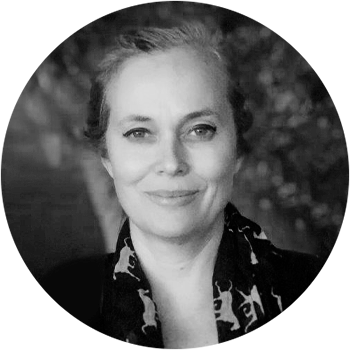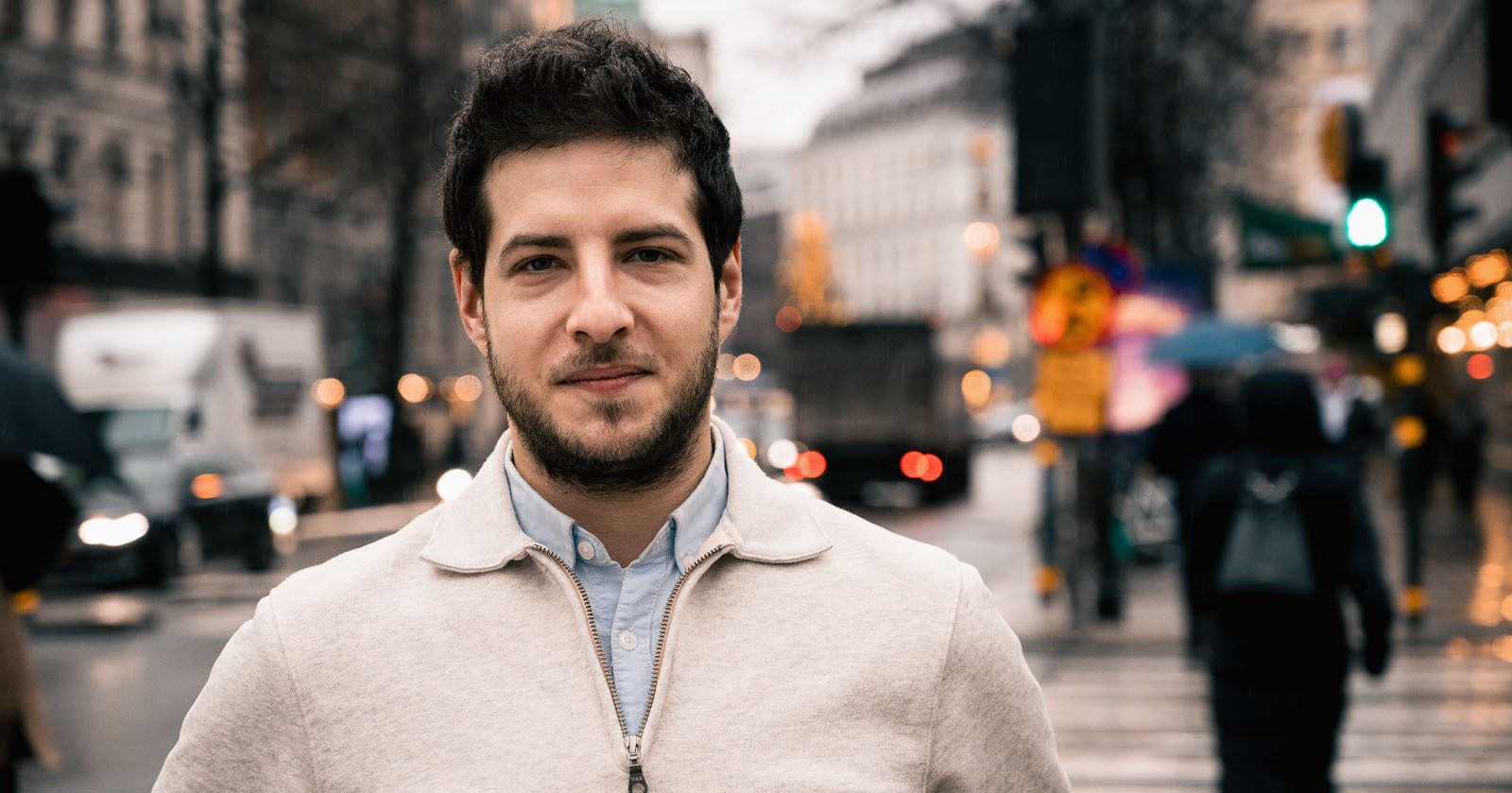October 14 is World Ecolabel Day, an initiative run by the Global Ecolabelling Network (GEN), celebrating eco-labeled products and services that are independently verified to be more sustainable.
We have talked to Kate Harris, the Secretariat for GEN about her experience and learnings from working with ecolabels. Kate is also a Non-Executive Director of the Living Future Institute of Australia and a champion for making more sustainable purchasing choices with credible ecolabels around the world.

Kate Harris
Global Ecolabelling Network
How long have you worked with ecolabels and what are your key learnings?
I have worked professionally with ecolabels since 2015, but have been in sustainability since 2006. I love being a part of this global community of change-makers. They are my inspiration.
My learnings are that manufacturers change when they know there is a return on investment. That means the power of people and the planet are in all our hands. If we ask for, demand, and buy eco-labeled products and services, ecolabels will move mountains! But it takes all of us.
I have also learned that there truly are leaders and laggards and the ones that go through the challenge of the certification process really do want to make a difference and lead the way. Always ask questions when purchasing a product and be informed because greenwash is everywhere!
What is GEN and how does it work?
GEN is the member organization for excellence in ecolabelling. We are 27 years old but continue to be a much-needed critical driver for best practices in products and services.
We connect the community of leading ecolabels – ISO 14024 life cycle based ecolabels, in order to continue to lift the bar across all global regions, to share our learnings and insights with each other, and to promote the importance of procurement using ecolabels to big business and governments.
As a procurement tool, they are a critical solution for responsible consumption. We also support new regions and markets to develop ecolabels so that over time we will have a true global one stop shop networked solution.
“Always ask questions when purchasing a product and be informed because greenwash is everywhere!”
What constitutes a good ecolabel?
Truth, trust, and transparency. They need to have good governance and be independent, credible, and rigorous in their approach to certification. This includes not only standards development but the verification and certification process that awards products and services with the ecolabel – should they be successful.
I also think mission-led organizations are important. Ecolabelling looks easy, a simple label, but it is not. It is complex and challenging, technical and requires hard work. You need to care about what you do every day in order to keep striving towards excellence.
Why is independent verification important for ecolabels?
It is the removal of bias. There cannot be a vested interest in the certification decision. It is a slippery slope if you have an attachment to the certification decision. Third-party certifications are the only way to truly have that level of trust.
What is your key advice for purchasers that want to avoid relying on false product claims and greenwash for products they purchase?
If you had seen what I had seen, you just wouldn’t. You would question and demand improvements every day with every product. People’s lives sit behind the products. When you have met someone who only has a 5-year life expectancy because of the way they made a chair for you to sit on or a child who cannot drink from their own waterway because of the dye that colored your dress, you will make another choice.
It is about us being part of a global community. We have seen how important that is over the last two years. We are all connected – and when we know, we care.
About World Ecolabel Day
World Ecolabel Day aims to increase buyer awareness of Type 1 ecolabels. The day is coordinated by the Global Ecolabelling Network, GEN, a non-profit association of leading ecolabelling organizations worldwide. All members of GEN are reviewed regularly, to make sure that they comply with the guiding principles of ISO 14024.

Gabriella Mellstrand is the Global Marketing & Communications Director at TCO Development. She has a lifelong interest in sustainability and the environment. Gabriella is also a foodie, running a social media account where she shares a lot of tips on local restaurants and different dishes.




